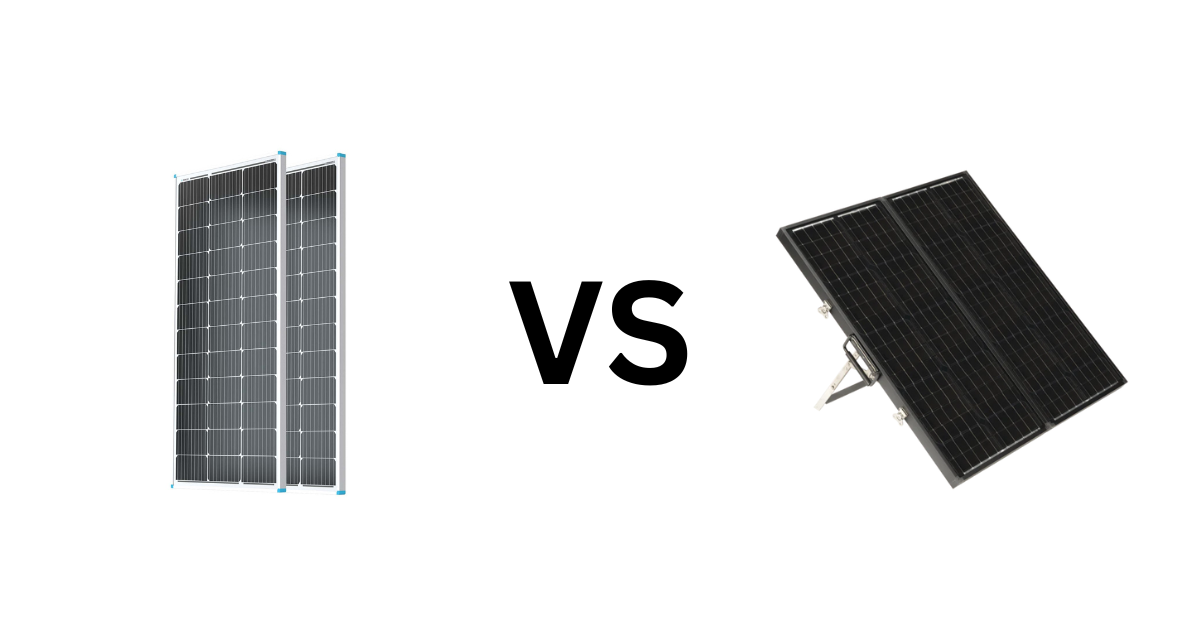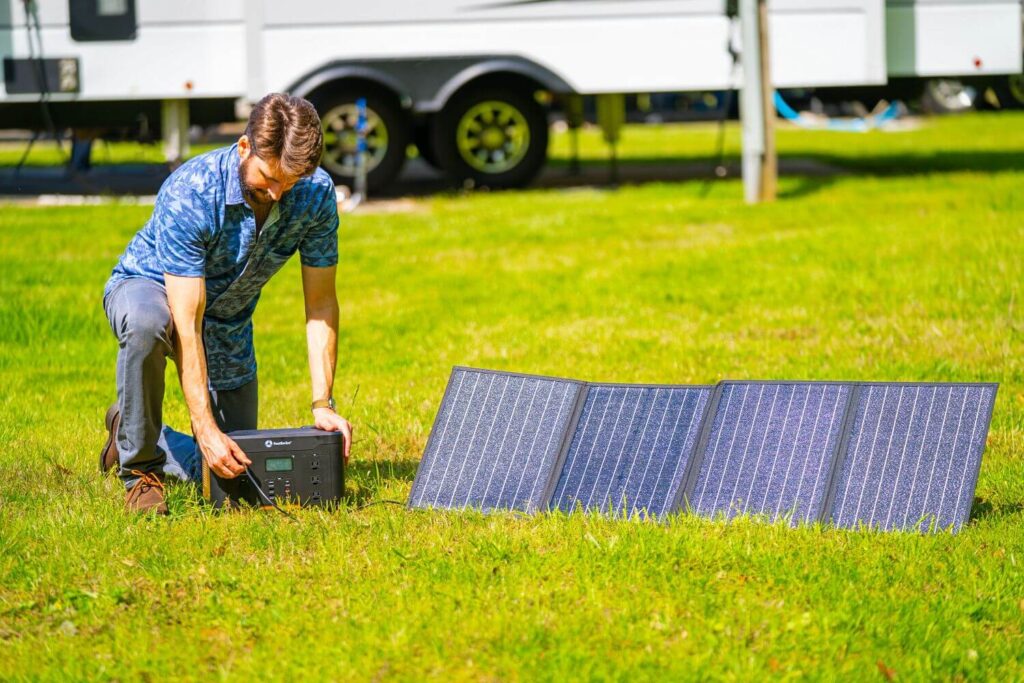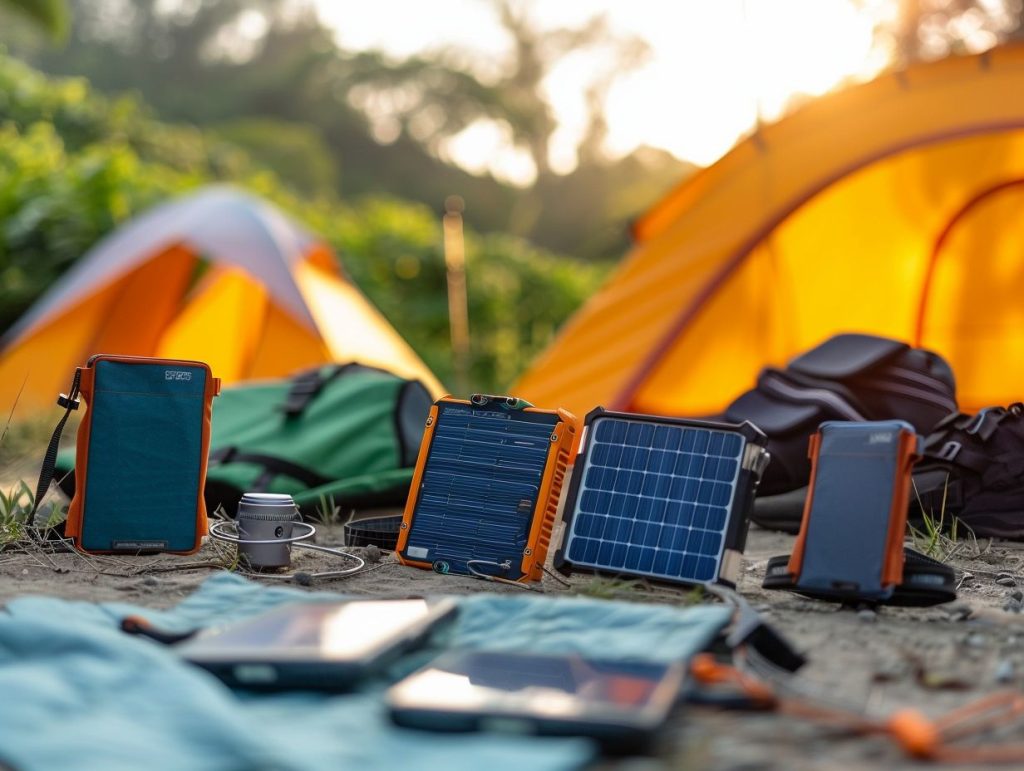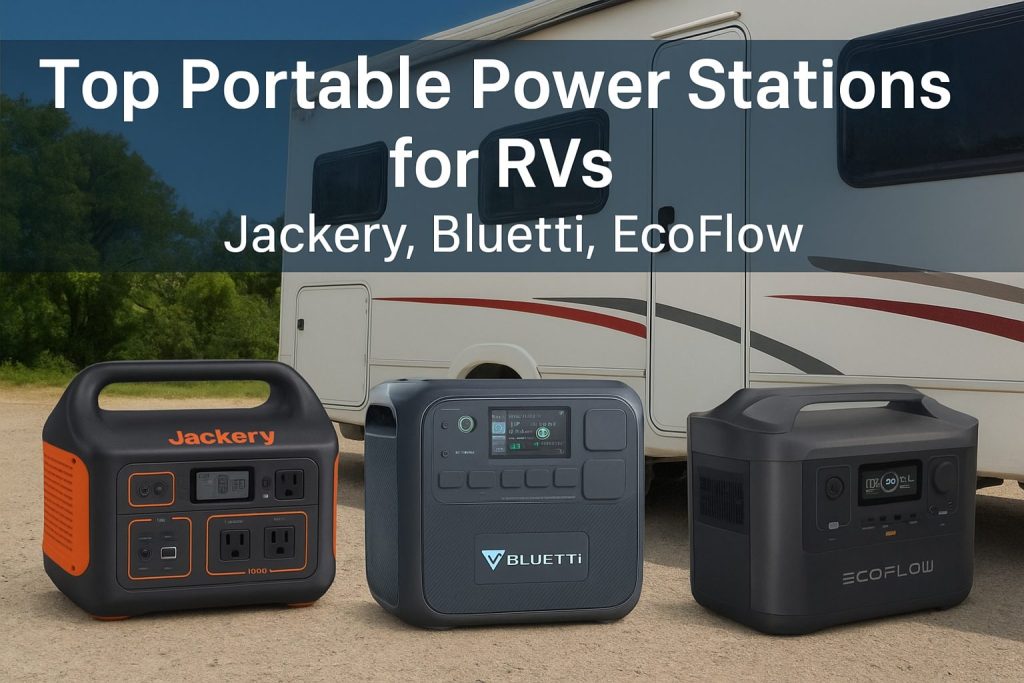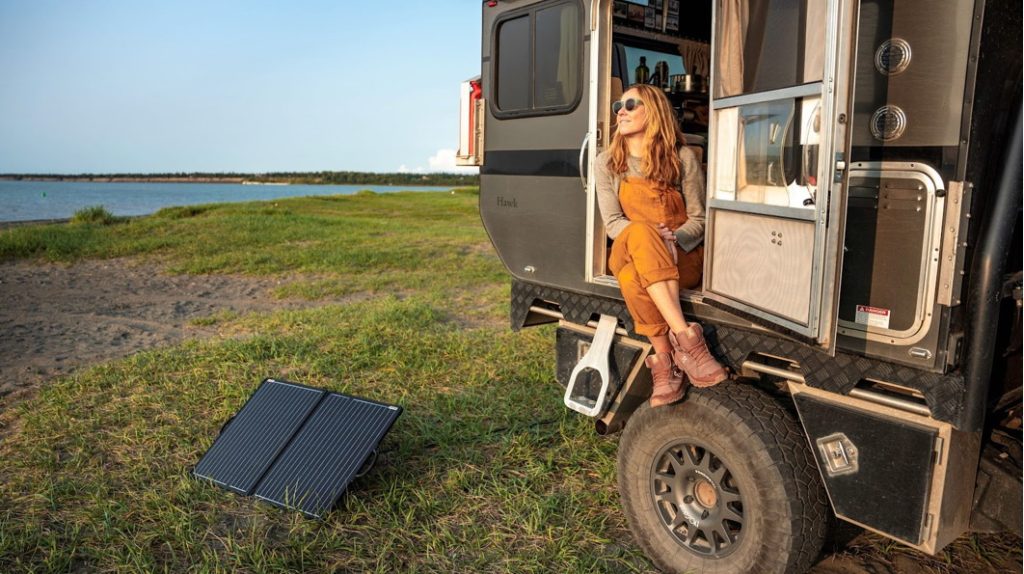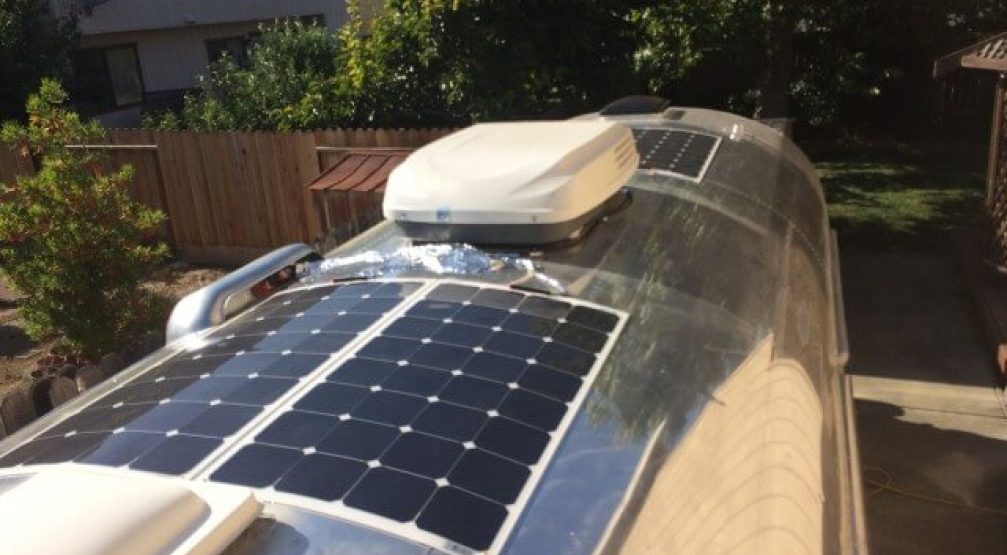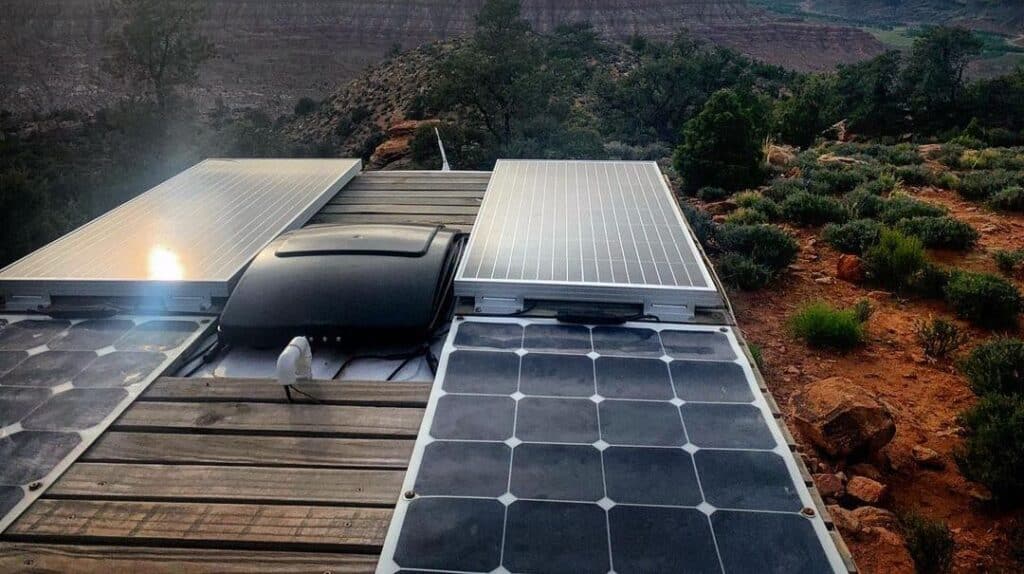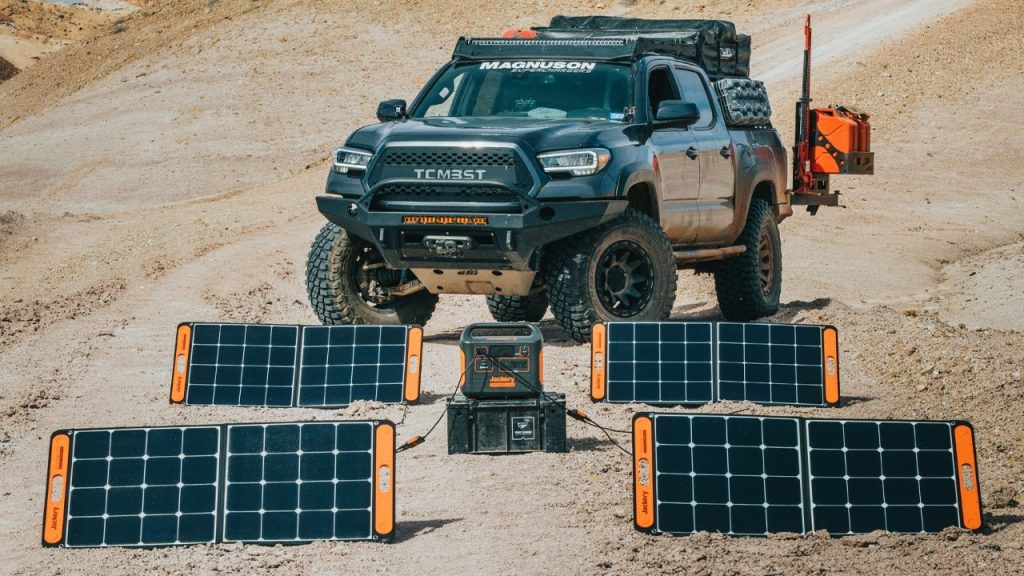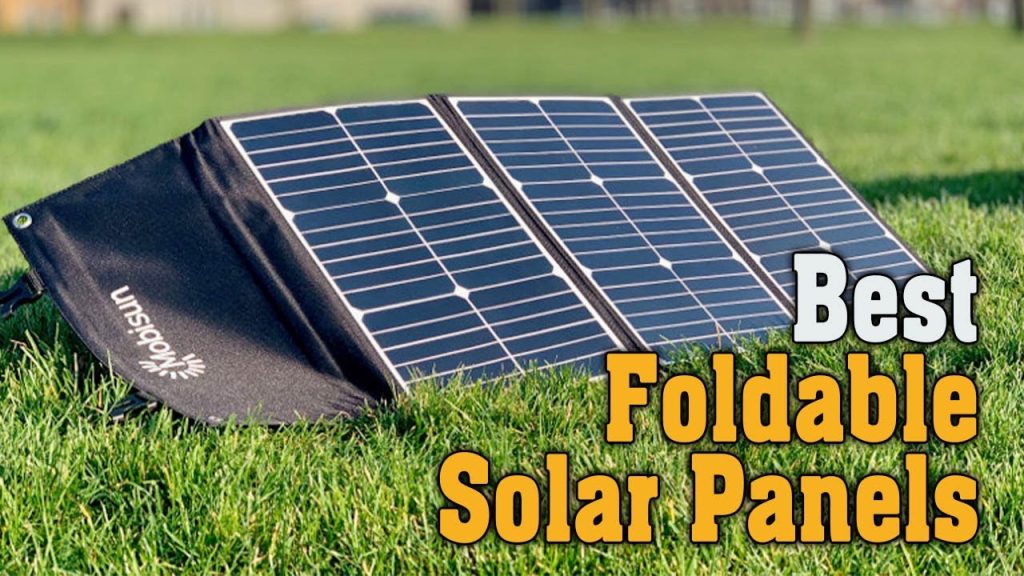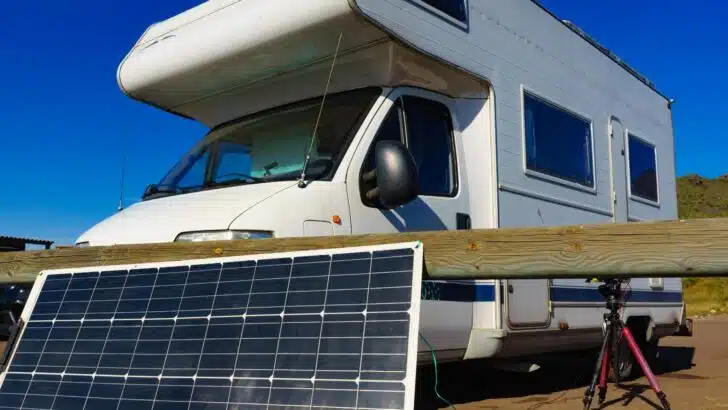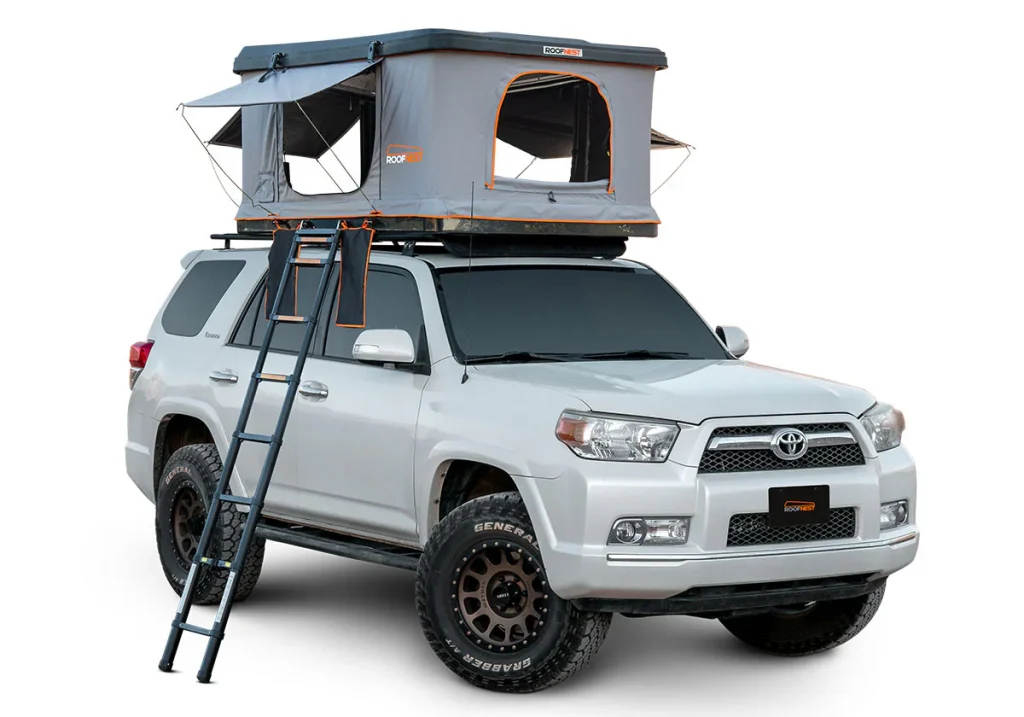When it comes to off-grid RV living, reliable solar power is a game-changer. Whether you’re boondocking in the desert or camping in the woods, having efficient solar panels ensures you stay powered up without relying on shore connections. But with so many brands on the market, how do you choose the right one?
Two of the biggest names in RV solar are Renogy and Zamp Solar—both known for quality, but with different strengths. Renogy is a favorite among budget-conscious DIYers, offering affordable yet dependable panels. Meanwhile, Zamp Solar is renowned for its premium plug-and-play systems, making setup a breeze for those who want convenience.
In this comparison, we’ll break down the performance, durability, pricing, and ease of installation for both brands, helping you decide which one is the best fit for your off-grid adventures. Let’s dive in!
Overview of Renogy Solar Panels
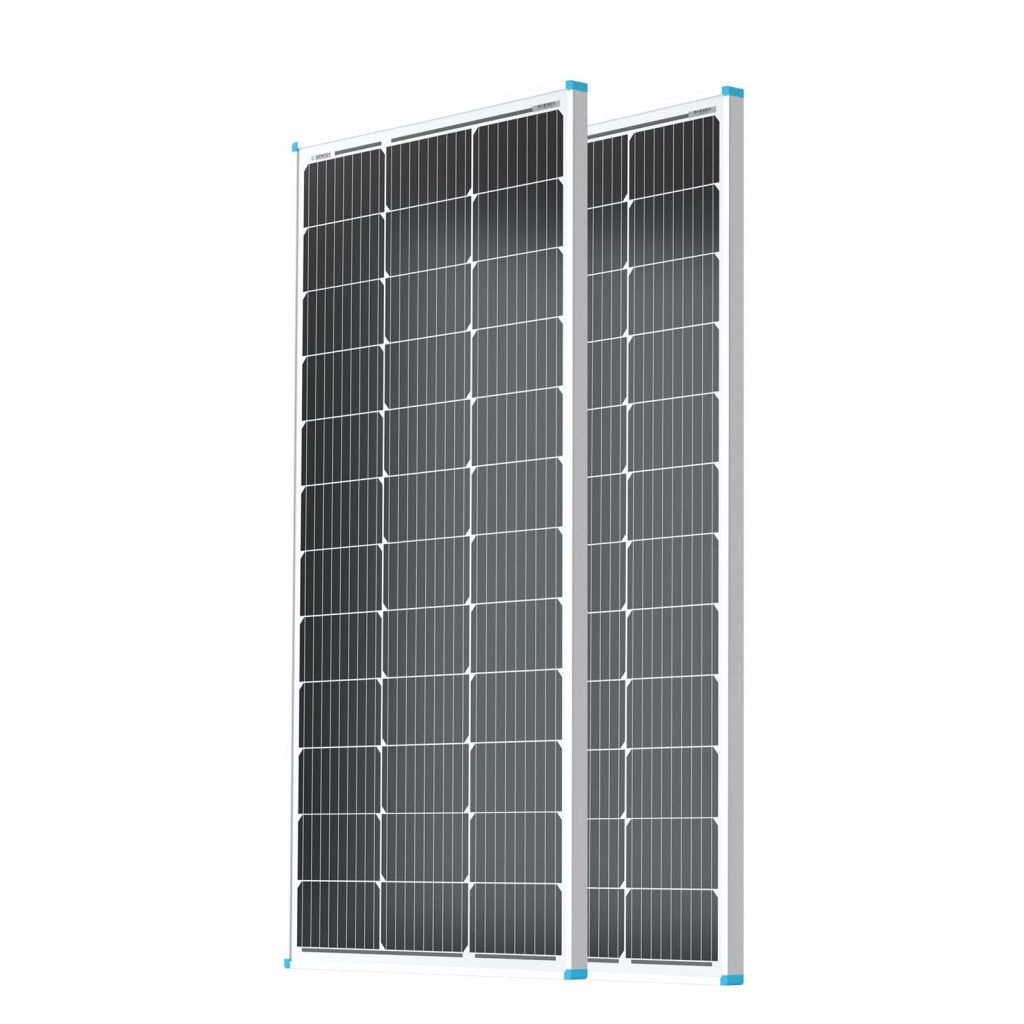
Renogy has established itself as a leading brand in the solar industry, particularly popular among RVers, van lifers, and off-grid enthusiasts. Known for offering affordable yet reliable solar solutions, Renogy provides a wide range of panels suitable for different setups—whether you need rigid, flexible, or portable options.
Key Features:
-
Efficiency: Renogy panels typically have an efficiency rating between 18-22%, with monocrystalline panels offering better performance than polycrystalline models.
-
Durability: Built with anti-reflective, tempered glass and corrosion-resistant frames, Renogy panels can withstand harsh weather conditions.
-
Pricing: One of the most budget-friendly options, with 100W monocrystalline panels often priced competitively compared to other brands.
-
Technology: Some models feature PERC (Passivated Emitter and Rear Cell) technology, enhancing energy absorption in low-light conditions.
Popular Renogy RV Solar Panels:
-
Renogy 100W Monocrystalline – A top choice for balanced performance and affordability.
-
Renogy Flexible Solar Panels – Ultra-thin, lightweight, and ideal for curved RV roofs.
-
Renogy Eclipse Panels – Sleek, all-black design with improved heat resistance.
Pros & Cons:
✅ Pros:
-
Cost-effective without sacrificing quality.
-
Wide variety of panel types (rigid, flexible, portable).
-
Good customer support and a 25-year power output warranty on most panels.
❌ Cons:
-
DIY installation required (not always plug-and-play).
-
Some users report inconsistencies in customer service experiences.
Best For:
-
Budget-conscious buyers who want reliable solar power.
-
DIYers are comfortable with setting up their own solar systems.
Overview of Zamp Solar Panels
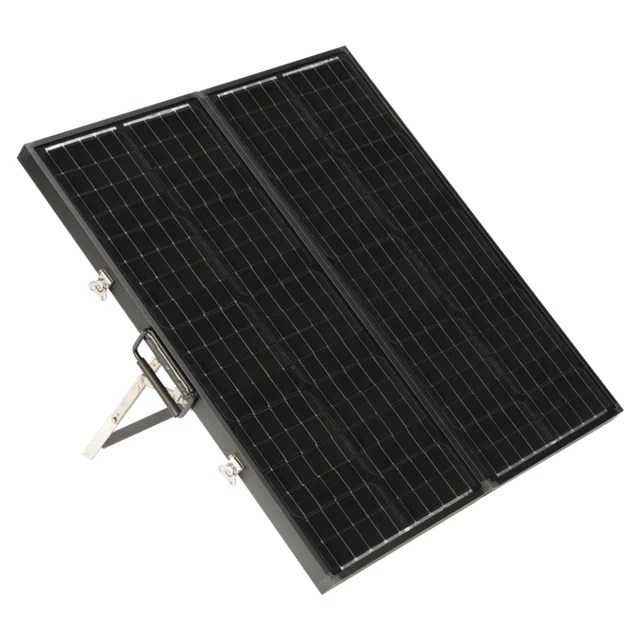
Zamp Solar has built a reputation as a premium solar brand specializing in plug-and-play RV solar solutions. Known for their patented connectors and rugged designs, Zamp panels are favored by RVers who prioritize convenience, durability, and high performance without the hassle of complex installations.
Key Features:
-
Efficiency: Zamp panels boast high-efficiency monocrystalline cells, with some models reaching up to 23% efficiency—ideal for maximizing limited roof space.
-
Durability: Constructed with aircraft-grade aluminum frames and shatter-resistant tempered glass, making them highly resistant to extreme weather (hail, heavy snow, and high winds).
-
Plug-and-Play System: Unique SAE quick-connect ports allow for tool-free installation, compatible with Zamp’s portable solar kits and roof-mounted setups.
-
Pricing: More expensive than Renogy but offers premium build quality and convenience.
Popular Zamp RV Solar Panels:
-
Zamp Solar 140W Portable Kit – A foldable, high-output panel with a built-in charge controller, perfect for supplemental power.
-
Zamp Obsidian Series – Ultra-durable, all-black panels designed for permanent roof mounting.
-
Zamp Legacy Series – A balance of affordability and performance, ideal for RVs and campers.
Pros & Cons:
✅ Pros:
-
True plug-and-play setup—minimal wiring or technical knowledge required.
-
Industry-leading durability with a 10-year product warranty and 25-year output guarantee.
-
Patented connectors ensure secure, weatherproof connections.
❌ Cons:
-
Higher upfront cost than budget brands like Renogy.
-
Limited flexibility in system expansion—best suited for Zamp-compatible components.
Best For:
-
RV owners who prioritize ease of installation and premium build quality.
-
Full-time travelers need reliable, weather-resistant solar power.
Key Comparison Factors: Renogy vs Zamp Solar
When choosing between Renogy and Zamp solar panels for your RV, several critical factors come into play. Below, we compare both brands across the most important considerations for off-grid living.
Efficiency & Performance
| Factor | Renogy | Zamp Solar |
|---|---|---|
| Panel Efficiency | 18-22% (monocrystalline) | Up to 23% (high-efficiency monocrystalline) |
| Low-Light Performance | Good (PERC technology in some models) | Excellent (optimized cell design) |
| Real-World Output | Reliable but may vary by installation | Consistent, high output due to premium components |
Winner: Zamp (for max efficiency), Renogy (for budget-friendly decent performance)
Durability & Build Quality
| Factor | Renogy | Zamp Solar |
|---|---|---|
| Frame Material | Anodized aluminum | Aircraft-grade aluminum |
| Weather Resistance | Tempered glass, corrosion-resistant | Shatterproof glass, extreme weather-tested |
| Longevity | 25-year power warranty | 10-year product + 25-year output warranty |
Winner: Zamp (more rugged construction)
Ease of Installation
| Factor | Renogy | Zamp Solar |
|---|---|---|
| Setup Type | DIY (wiring/connectors required) | Plug-and-play (SAE connectors) |
| Compatibility | Works with most charge controllers | Optimized for Zamp components |
| Best For | Tech-savvy users | Beginners or those wanting a hassle-free setup |
Winner: Zamp (for simplicity), Renogy (for customization)
Pricing & Value
| Factor | Renogy | Zamp Solar |
|---|---|---|
| Cost per Watt | ~$0.80–$1.20/W | ~$1.50–$2.00/W |
| Budget-Friendly | Yes (best for cost-conscious buyers) | Premium pricing |
| Warranty | 25-year output warranty | 10-year product + 25-year output warranty |
Winner: Renogy (best value), Zamp (premium investment)
Customer Support & Warranty
| Factor | Renogy | Zamp Solar |
|---|---|---|
| Support Reputation | Mixed reviews (slow responses at times) | Highly rated (dedicated RV focus) |
| Warranty Terms | 5-year material, 25-year output | 10-year material, 25-year output |
Winner: Zamp (more comprehensive coverage)
Best Use Cases for Each Brand
Choosing between Renogy and Zamp ultimately depends on your specific RV solar needs, budget, and technical comfort level. Here’s a detailed breakdown of which brand works best for different scenarios:
When Renogy is the Better Choice
✅ For Budget-Conscious RVers
-
Renogy offers excellent value, with panel costs 20-40% lower than Zamp’s equivalent wattage.
-
Ideal if you need to maximize solar capacity without breaking the bank.
✅ For DIY Enthusiasts & Custom Setups
-
Better for those who want to mix and match components (charge controllers, inverters, batteries).
-
More flexibility in system design compared to Zamp’s proprietary connectors.
✅ For Larger Solar Arrays
-
Easier to scale up with Renogy’s budget-friendly pricing.
-
Works well with third-party mounting systems (like tilt mounts for boondocking).
✅ For Lightweight or Flexible Needs
-
Renogy’s flexible solar panels are great for curved RV roofs where rigid panels won’t fit.
Best Renogy Products for These Cases:
-
Renogy 200W Solar Kit (expandable starter system)
-
Renogy 175W Flexible Panel (for unconventional roof shapes)
When Zamp is the Better Choice
✅ For Plug-and-Play Convenience
-
Zamp’s SAE connectors mean no wiring expertise needed—just plug into existing ports.
-
Perfect for RVers who want solar without electrical work.
✅ For Extreme Weather Durability
-
Zamp panels are tested in harsh conditions (desert heat, mountain snow, coastal salt air).
-
The Obsidian series is virtually indestructible for full-time travelers.
✅ For Portable Solar Needs
-
Zamp’s solar suitcases (like the 140W kit) are rugged, foldable, and include charge controllers.
-
Great for supplemental power when parked in shade.
✅ For Warranty Peace of Mind
-
Zamp’s 10-year equipment warranty (vs. Renogy’s 5-year) is ideal for long-term RV living.
Best Zamp Products for These Cases:
-
Zamp 180W Obsidian Panel (premium roof-mounted option)
-
Zamp Solar 140W Portable Kit (for quick deployment)
Quick Decision Guide
| Need | Best Brand |
|---|---|
| Lowest upfront cost | Renogy |
| Easiest installation | Zamp |
| Most durable construction | Zamp |
| Flexible/lightweight panels | Renogy |
| Large, scalable systems | Renogy |
| Portable solar solutions | Zamp |
Final Recommendation
-
Full-time RVers & harsh climate travelers → Zamp
-
Weekend warriors & budget-focused buyers → Renogy
Which Solar Panels Should You Choose?
After comparing Renogy vs Zamp Solar across all key factors—performance, durability, pricing, and ease of use—here’s our definitive recommendation based on different RVing needs.
🏆 Choose Zamp Solar If You Want…
✔ Premium, hassle-free solar power – Best for RVers who prioritize plug-and-play convenience and don’t want to deal with wiring.
✔ Extreme weather durability – Ideal for full-time travelers in harsh climates (desert heat, heavy snow, coastal humidity).
✔ Peace of mind with warranty – Zamp’s 10-year equipment warranty (vs. Renogy’s 5-year) offers better long-term protection.
✔ Portable solar solutions – Zamp’s solar suitcases are among the best for quick, on-the-go power.
Best For: Full-time RVers, luxury campers, and those who want a no-compromise solar setup.
💰 Choose Renogy If You Want…
✔ Budget-friendly solar without sacrificing quality – Renogy provides great value for the price.
✔ Customizable, expandable systems – Better for DIYers who want to mix and match components (batteries, inverters, etc.).
✔ Lightweight & flexible panel options – Renogy’s thin flexible panels work well on curved RV roofs.
✔ Large solar arrays at lower costs – More affordable for high-wattage installations.
Best For: Weekend warriors, van lifers on a budget, and tech-savvy users who enjoy custom solar setups.
Final Decision Flowchart
-
Need solar ASAP with minimal setup? → Zamp
-
Working with a tight budget? → Renogy
-
Traveling in extreme weather often? → Zamp
-
Planning a large, custom solar system? → Renogy
-
Want the most durable long-term investment? → Zamp
Conclusion
Both Renogy and Zamp Solar make excellent RV solar panels, but the best choice depends on your priorities:
-
Zamp = Premium convenience & durability (higher cost)
-
Renogy = Affordable flexibility (better for DIY)
Before buying, consider:
🔹 Your budget
🔹 How much DIY effort you willing to put in
🔹 Your travel style (weekend trips vs. full-time living)
Ready to choose? Check latest prices:
Read More: Jeep Roof Rack Tents vs Truck Bed Tents: What’s Right for You?

